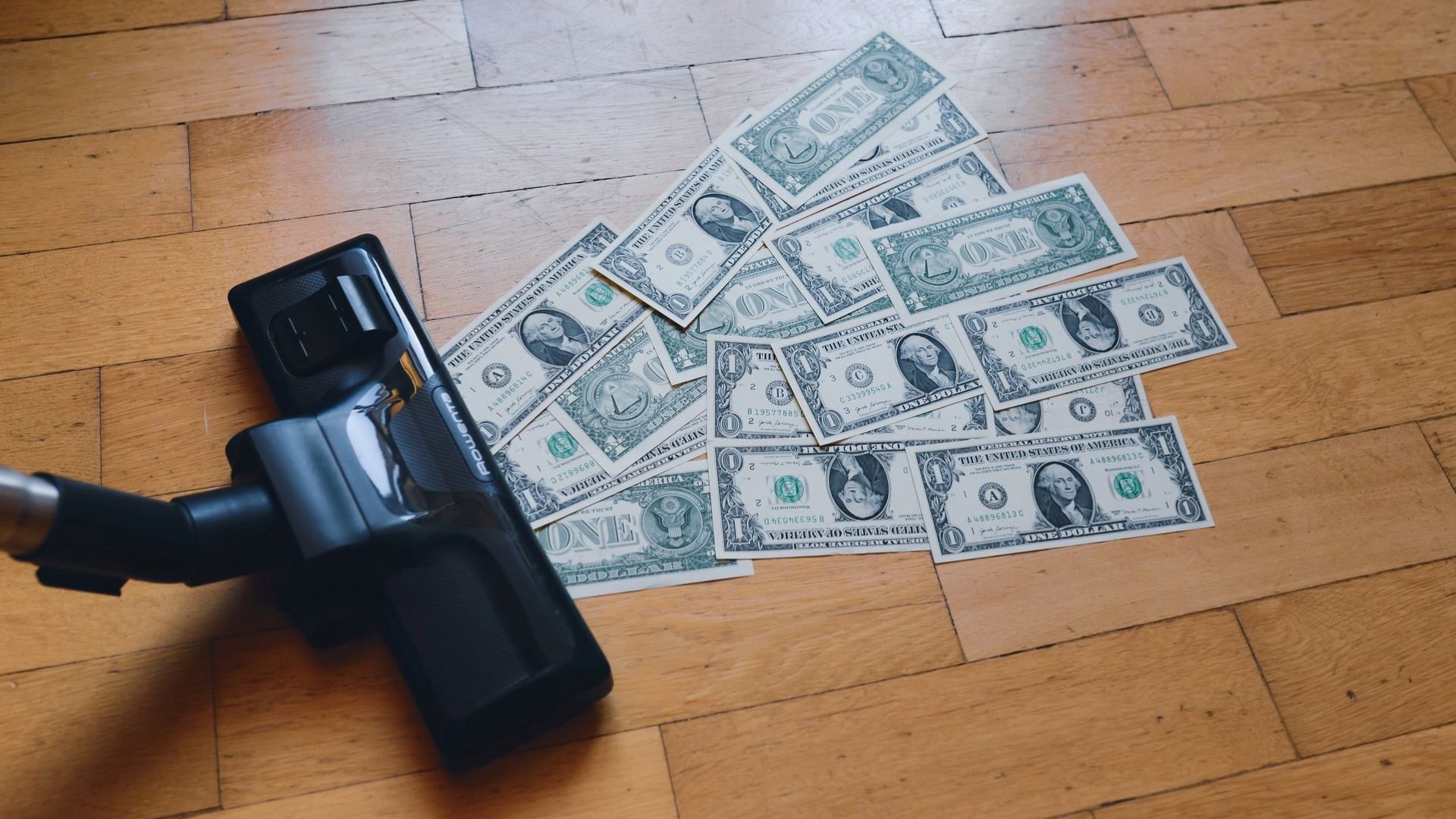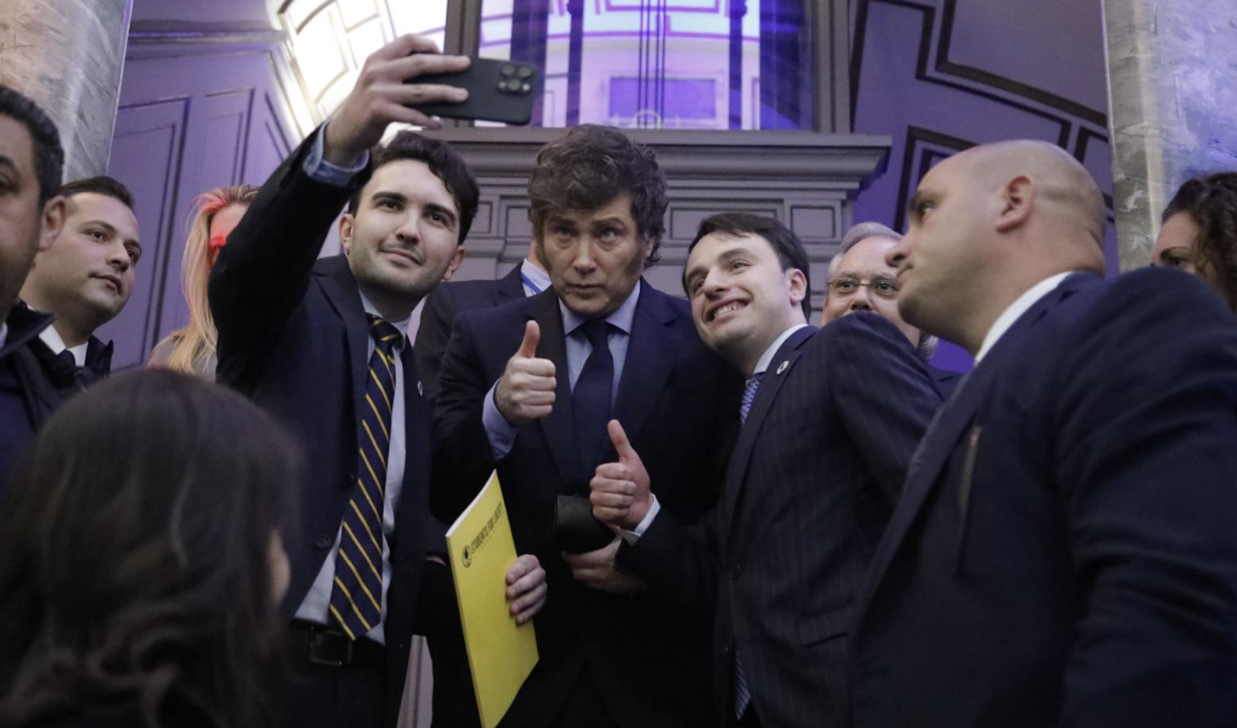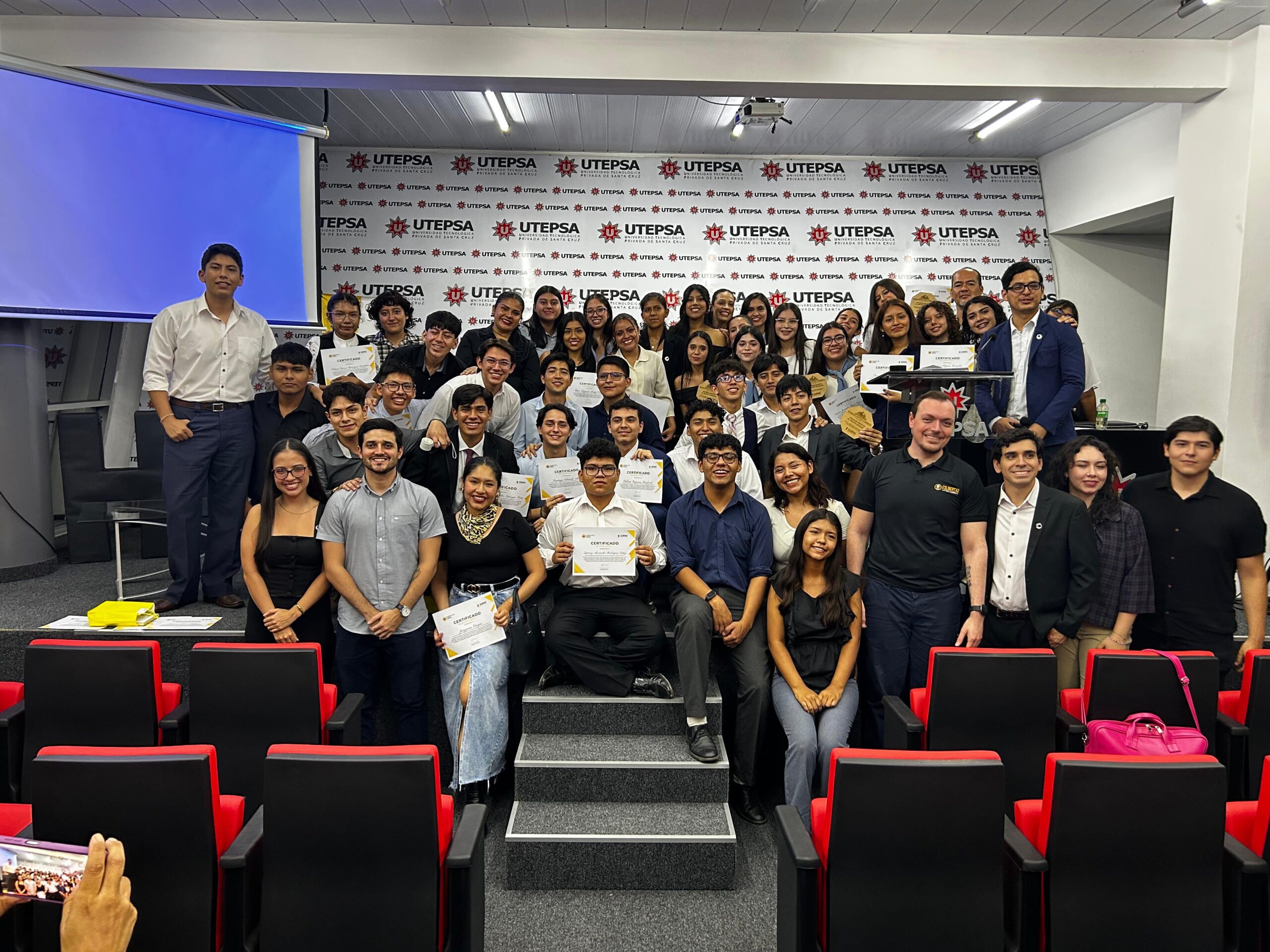If 2020 was the year of the pandemic, 2021 marked the return of inflation. In 2021, consumer prices for all items rose by seven percent in the United States – the largest yearly increase since 1981.
While most economists acknowledge inflation is always a monetary phenomenon, some politicians say otherwise; U.S. Senator Elizabeth Warren has blamed inflation on corporations and their “greed.”
Of course, this is a ridiculous statement. Corporations do not simply decide to be more or less greedy, and this idea is as dangerous as it is inaccurate.
If the public starts to believe that inflation is driven by corporate greed, then they will start clamoring for regulations to curb this trend. Price controls in particular are an example of an appealing yet utterly destructive policy.
Price controls will not curb inflation. Worse still, they will have a range of detrimental economic effects, from shortages to black markets.
At Students For Liberty, we believe that responsible monetary policy is of vital importance in promoting stable economic growth. For this reason, we invited some of our alumni to comment on the issue of price controls and inflation, as several of them are economists and policy researchers.
Alberto Gómez Hernandez
Latam & Spain Outreach Associate of the Consumer Choice Center and the World Vapers’ Alliance, Regional Director of Students For Liberty Iberia, and member of the International Academic Council of Fundación para el Avance de la Libertad.
“Inflation has proven to be one of the toughest challenges developed economies will face in 2022. Spain reached a long-time record 6,1% inter-annual inflation rate, one of the highest variations in the Eurozone.”
“The United States reported an even worse rate of 7,5%. This means that consumers can buy fewer goods and services for the same amount of money, while the value of their savings fades.”
“Although we cannot assure that all of the rise in prices has been caused by the expansionary monetary policies executed by central banks all over the world during the pandemic, it seems clear that the measures taken by the Federal Reserve and the ECB are in part to blame for this trend.”
Max Molden
Editor in Chief of Der Freydenker, a German magazine. Graduate Student, University of Bayreuth. Masters in Political Economy, King’s College London.
“Corporate greed is one of those boring buzzwords that politicians on the left use to defame those who they dislike. What is true is that in capitalism people want to make a profit and avoid losses. And that is great! When your company makes a profit this means that people value your goods and that your products are worth more than your costs of producing them.”
“Making profits is the driver of innovation and thus our rising living standards. What it does not drive is inflation. Price level increases are mainly caused by an increase in the monetary base or in the speed with which money travels in the economy. And a huge extension of the monetary base is what we have seen in the last years, often going directly into the hands of consumers.”
“When he wrote his critique of interventionism, Ludwig von Mises wanted to get people to refrain from intervening in the market process. It wasn’t meant to be a template for what to do, but a cautionary tale of what to avoid.”
“Mises meticulously described what happens when you continue to intervene, step by step. You start by coercing people to use some fiat money while the central bank prints more of that money. What is the result? The price level rises.”
“Of course, that was not the goal. But now that inflation is there, you face a problem: Concede that you couldn’t control the monetary system, or use motivated reasoning or even willful ignorance of the facts and blame it on other things and set up price controls. If you read Mises, you will know what comes next; the situation deteriorates even more. Next step: rationing. And if you don’t stop, you may ultimately end up with no more market at all.”
Dominick Mellusi
Senior program associate in Academic and Student Programs with the Mercatus Center at George Mason University.
“We have reached the worst inflation rates since the 1970s with the guidance of economists and policymakers. We need to remember that these experts and politicians are human. They need to take a humble attitude when creating policy that affects millions of people.”
“As the free market economist F.A. Hayek once said, ‘The curious task of economics is to demonstrate to men how little they really know about what they imagine they can design.’”
Ash Navabi
Economist at UrbanToronto
“Blaming high prices on ‘greed’ is like blaming marital infidelity on the mistress. It takes two people to coordinate both of these outcomes.”
“In the case of prices, not only do the business people have to be willing to raise their asking prices, there must also be consumers willing to pay these increases.
So the question shouldn’t be, ‘why are businesses raising their prices?’ Rather, it should be ‘what is enabling businesses and consumers to ask and pay higher prices?’”
“As these price increases are happening as a general phenomenon across the whole country, then the answer must be related to something that connects the entire economy. In a market society, there is only one answer: money.”
“Therefore, to explain a general increase in prices, one must look at what is happening with the money. And as it happens, the Federal Reserve has enabled the printing of trillions of new dollars in the last two years — much of which has been paid directly to consumers in the form of stimulus checks and other benefits.”
“This fact, coupled with the production-destroying lockdowns and restrictions of the last two years, is bound to have shocking consequences. It should therefore be no surprise whatsoever that consumers are not only willing but able to pay higher prices for access to whatever goods and services they can get their hands on.”
Oswaldo Silva
EsLibertad Leadership Programs Associate at Students For Liberty
“Venezuela had had at least double-digit inflation throughout my life, including the second half of the 1990s, when there were still big businesses and some prosperity in the country. But everything got worse in the 21st century; as the private sector diminished and the State took over everything, the cost of living grew, and it became more and more difficult to cover basic needs. So we see that the problem was not the entrepreneurs, but those who have governed.”
“Different governments in Venezuela, both in the 20th century and the tyranny that has been forming since 1999, have applied price and exchange controls in the economy, limiting the development of businesses and discouraging entrepreneurs from creating wealth and solving society’s problems. This has brought few options for consumers and a very high cost of living, which does not even meet today’s minimum standards.”
“Those who have governed Venezuela for the last 20 years have committed two serious crimes against the market. The first was to destroy the independent private sector creator of real wealth, and the second has been to exacerbate clientelism, transferring money to those who support them, flooding the economy with money that does not correspond to the production of goods and services and, therefore, causing an increase in prices that affects everyone equally.”
Natalie Bao Tram Le
Fellow at the Mercatus Center and Consumer Choice Center. MA, Harvard University
“While corporate greed is a common point of discussion that explains the spike in inflation, it is actually unsound monetary policy that influences the cost of goods and services. When the government imposes price controls, it inflates the costs of associated labor and commodity, making it even more expensive.”
“It does more harm than good. We must allow the markets and consumers — not government intervention — to determine these prices so that costs remain affordable and competitive for everyone.”
Andres Guilarte
Research Associate, Students For Liberty
“Many people assume that inflation is caused by businesses ‘inflating’ prices artificially for the sole purpose of getting richer. Reality is far from that statement.”
“Inflation is caused by a few that decide to borrow infinitely from our pockets through artificially printing money instead of building wealth across the society by allowing and incentivizing free markets.”
“Inflation is the result of poor and dangerous management of a government, and it leads to everyday people’s dreams being destroyed, as the possibility of saving for a better future is destroyed, only to become the odyssey of trying to save for a better meal tomorrow.”
Jorge Jraissati
Venezuelan economist and Students For Liberty’s Director of Alumni
“Why is the American economy experiencing an abrupt rise in aggregate demand? The answer is simple: the size of the stimulus program pushed by the Biden administration.”
“If we add Biden’s $2.5 trillion stimulus program to Trump’s $900 billion program at the end of his tenure, then the total government stimulus to the U.S. economy reached the $3.4 trillion mark. A stimulus program of that magnitude represents close to 15 percent of the United States’ gross domestic product, making it comparable only to the spending program that the U.S. government had during World War II.”
“The magnitude of the stimulus program is more than three times the economic output that was lost due to the pandemic. In other words, a stimulus program meant to compensate for the shock of the pandemic would have only been roughly a trillion dollars.”
“This is why, for economists, the driver of inflation is crystal clear. It is not a sudden spike in corporations’ greed, as Senator Warren suggests. Instead, it is the natural consequence of injecting money into the economy at a rate beyond its productive capacity.”
For more content on inflation, be sure to check out the Learn Liberty video below.
This piece solely expresses the opinion of the author and not necessarily the organization as a whole. Students For Liberty is committed to facilitating a broad dialogue for liberty, representing a variety of opinions. If you’re a student interested in presenting your perspective on this blog, send your piece to [email protected], and mention SFL Blog in the email subject line for your chance to be published and be seen!








